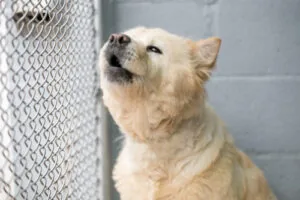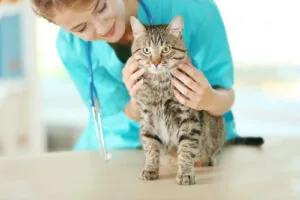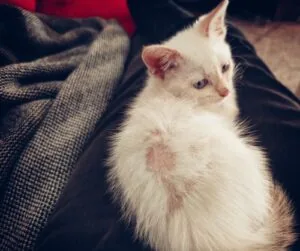Aging Cats in Dyer, IN
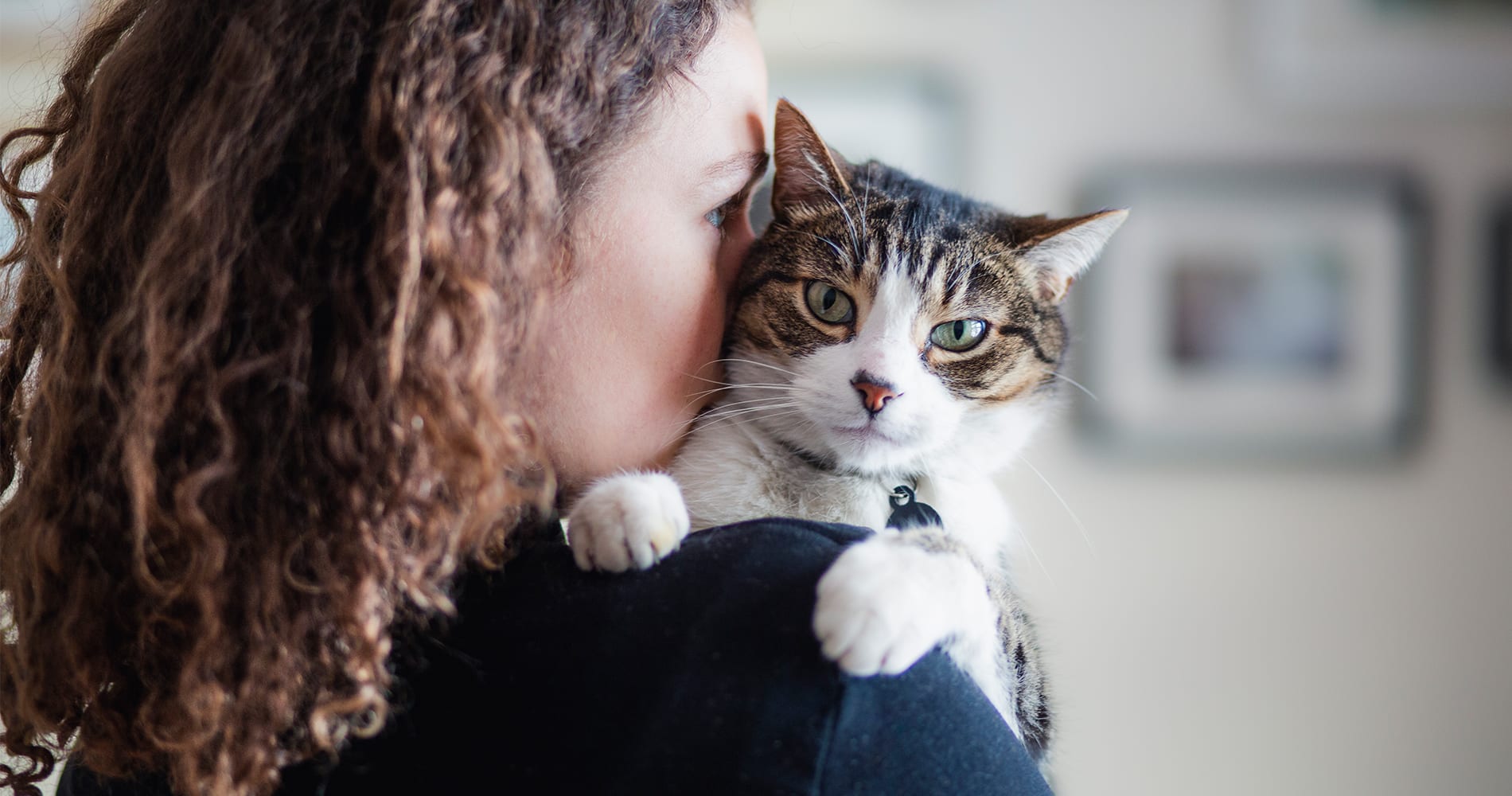
The lifespan of an indoor cat is longer than an outdoor cat. The lifespan of an outdoor cat is roughly 8 to 10 years, while the average lifespan of an indoor cat is generally 15 to 18 years. The reason for the shorter lifespan is because outdoor cats encounter various hazards such as animal attacks/fights, disease, or the potential of getting hit by vehicles. Yet, in all my years of being a veterinarian, I did have the chance of meeting two cats that lived to 24 years of age.
For cats, there is generally four life stages. The first stage is the kitten stage which is from birth to six months of age. In this stage, the aging process of the kitten is quite fast. By six months, the kitten has reached the stage of maturity. Comparing it to human years, your cat is roughly 15 to 16 years of age. They are very playful and likely getting into a lot of trouble. This is their way of exploring their surroundings. The cat owner would need to watch what the kitten is eating and drinking. Make sure that you are “kitten proofing” your home, you might end up losing that favorite glass vase and hide or eliminate unnecessary wires and strings. During this stage you will notice that the kitten will begin to lose their kitten coat and their baby teeth. Quite often you will not see the teeth because kittens generally swallow the teeth. This is like teething for babies. The kittens will chew just about anything.
The next stage is middle age. This is from six months to six years of age. At this point, it is important to spay/neuter your cat. Don’t buy into the thought that your cat needs to have at least one litter or that the male cat needs to “sow his oats.” Go to any animal shelter and see all the abandoned or found cats. You would need to put that thought away and remember that it is important to spay or neuter your cat. At this point their aging begins to slow down. Your cat will be aging at a year per year. During this stage, your cats will be happy and playful. Begin monitoring you cat’s eating, drinking, and voiding behaviors. If you notice any changes such as increased drinking, urination or using the litter box more often, contact your veterinarian because there might be an underlying cause to their behavior.
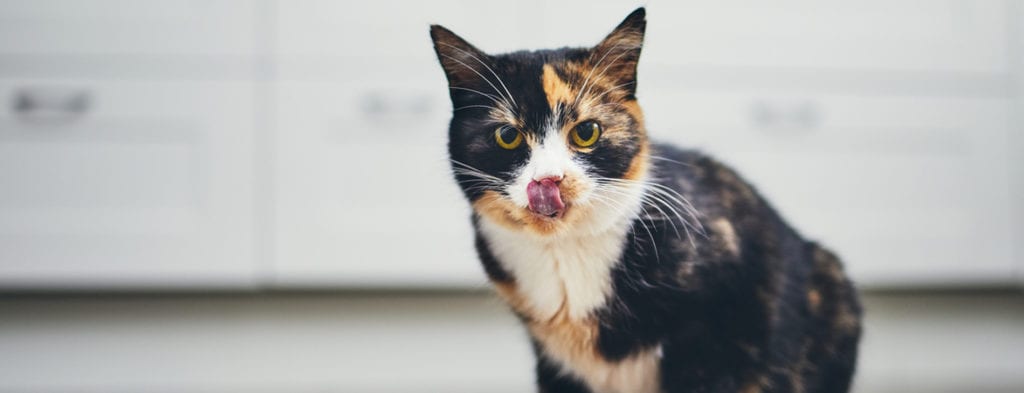
When cats reach seven to nine years of age, this would be the beginning of the senior age group. During this time, your cat’s aging process will begin to increase again, but not quite as fast as when they were kittens. Cats in this group will begin developing different medical issues with their liver, kidneys, and thyroid. During this age group, your cat could start having medical issues, so it recommended that your cat gets bloodwork yearly between the ages of seven to twelve. These blood test allow your veterinarian to get a baseline beginning at seven and monitoring their lab results for the next six years. These blood test will be the way for your veterinarian to monitor your cat’s liver, kidney, and thyroid functions. Left unchecked, your cat’s health can rapidly decline with minimal outward signs of any medical issues. At home, you will need to watch for excessive drinking, excessive urinations, and/or changes in their weight. If you notice any of these changes, you need to contact your veterinarian.
The final stage of your cat’s life will be their geriatric years. During this time, your cat’s aging will rapidly increase like when they were a kitten. In their geriatric years, it is recommended that your cat is examined twice a year and at every visit, you should consider geriatric bloodwork. Once again, the bloodwork will monitor any changes to your cat’s kidneys, liver, and thyroid. At this time, if your cat develops hyperthyroidism, it will lead to heart issues, such as hypertension and blindness. These changes may not be noticed by the owner and your veterinarian can catch your cat’s health issues early and treatment of the symptoms can start. Sometimes, at the early stages of your cat’s medical issues, clients will notice their cats becoming more vocal at night. This could be just one of the indications of your cat losing their sight. In this age group, the cat will also begin to lose weight and it is important to pet your cat to monitor their muscle loss. If you should begin to feel their spine, ribs, or notice muscle wasting around the face and head, this can be signs of further medical issues. Finally, to keep your cat healthy so they can have a long and enjoyable life with you, we suggest that you do the following. Keep your cat indoors. When cats go outside, they will encounter other animals. This can result in the spread of disease and your cat is prone to getting parasites. It is important that your cat get their yearly vaccines. If your cat does get out of the house, they are protected from getting rabies. A proper diet is also important in your cat’s health. Cats are carnivores and they require a good protein source. This doesn’t mean that you feed your cat lunch meat or raw hamburger. We recommend that you feed your cats canned pate food. Do not feed them dry food or canned food with gravy. Both cat foods are high in carbohydrates and it will cause your cat to become obese. We deal with a lot of obese cats that eat dry cat food and they become diabetic. In some cases, clients with diabetic cats, changed the diet from dry to canned and saw a dramatic decrease in weight and some cats went into remission. So, if you want your cat to live longer, maintain a good weight, feed more canned pate food, keep your cat indoors and that they see their veterinarian at least once a year to monitor their health. Call Dyer Animal Clinic today at (219) 865-3737.
Share This Post
Recent Posts
About Dyer Animal Clinic
We are a place where pets and their people can feel at home. It's a place where wellness is maintained and supported from the time they’re newborns through their golden years.


